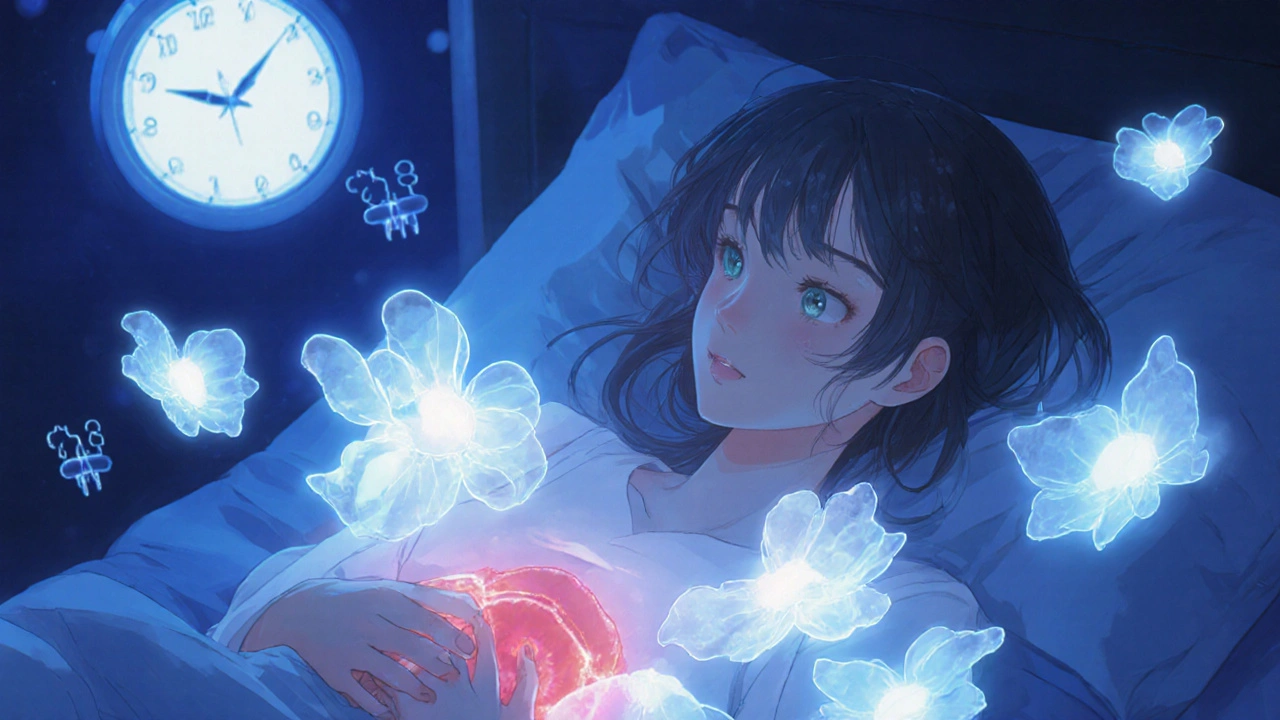Interstitial Cystitis: Symptoms, Triggers, and What Actually Helps
When your bladder hurts even when you’re not sick, and you’re running to the bathroom every 30 minutes, you might be dealing with interstitial cystitis, a chronic condition causing bladder pressure, pain, and frequent urination without infection. Also known as painful bladder syndrome, it’s not caused by bacteria, and antibiotics won’t fix it.
People with interstitial cystitis often confuse it with a urinary tract infection, but unlike UTIs, there’s no germ to kill. The pain isn’t just in the bladder—it can spread to the pelvis, lower back, or urethra. Many also deal with pelvic floor dysfunction, where muscles around the bladder tighten up and make symptoms worse. This isn’t just "being sensitive"—it’s a real, measurable nerve and muscle issue that affects daily life, from work to sleep to relationships.
What makes it worse? Certain foods like coffee, citrus, spicy meals, and artificial sweeteners are common triggers. Stress doesn’t cause it, but it sure makes the pain louder. Some people find relief with physical therapy targeting the pelvic floor, while others need medications that calm bladder nerves. There’s no cure, but many learn to manage it by tracking triggers, adjusting diet, and working with specialists who understand this condition.
You won’t find one-size-fits-all answers here. Some people get relief from simple lifestyle tweaks. Others need prescription options that target nerve signaling or bladder lining repair. The posts below cover real strategies—what works, what doesn’t, and why some treatments get dismissed too quickly. Whether you’re newly diagnosed or have been struggling for years, you’ll find practical insights on managing pain, avoiding flare-ups, and navigating treatments that actually make a difference.

Pelvic Pain in Women: Understanding Endometriosis and Interstitial Cystitis
Finnegan O'Sullivan Nov 14 14Chronic pelvic pain in women is often caused by endometriosis and interstitial cystitis-two conditions that overlap in symptoms but require very different treatments. Learn how to tell them apart and what actually works.
More Detail